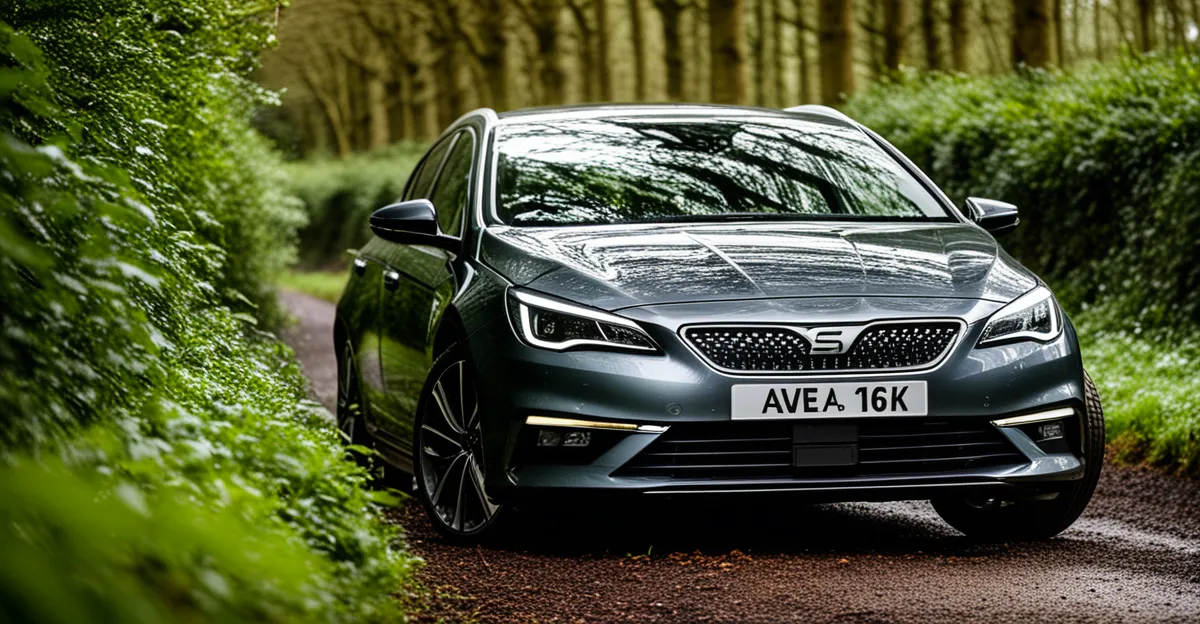Leading sustainability strategies in the UK automotive industry
The UK automotive sustainability landscape is rapidly evolving, shaped by strategic commitments to electrification, emission reduction, and innovative materials. A core strategy involves accelerating the shift to electric vehicles (EVs), which directly addresses tailpipe emissions. Many manufacturers are investing heavily in EV technology to meet both regulatory pressures and growing consumer demand for cleaner mobility.
Emissions reduction extends beyond vehicles to encompass the entire production process. Initiatives focus on cutting CO2 output in manufacturing through energy efficiency improvements and renewable energy integration. Material innovations play a crucial role; lightweight composites and recycled materials decrease the environmental footprint of vehicle production. This not only lowers emissions but aligns with broader industry environmental initiatives targeting sustainable resource use.
Also read : What strategies are UK car manufacturers using to enhance production efficiency?
A significant focus within the sector is the circular economy model. This approach promotes recycling, remanufacturing, and responsible sourcing of components and raw materials. Car manufacturers are increasingly designing vehicles to facilitate easier disassembly and reuse, reducing waste and conserving scarce resources. These circular practices are integrated into supply chains, ensuring sustainability efforts extend beyond factory gates.
Furthermore, sustainability is becoming embedded into business operations across the value chain. From supplier management to logistics, companies are implementing extensive environmental standards that govern procurement and production decisions. This holistic integration ensures the entire automotive ecosystem in the UK advances toward environmental goals cohesively, reinforcing the country’s position as a leader in sustainable vehicle production.
Topic to read : How Does Brexit Affect the Future of UK’s Automotive Industry?
Company-led sustainability initiatives and achievements
Leading UK carmakers are spearheading transformative company sustainability initiatives that advance the broader industry environmental efforts. Jaguar Land Rover, for example, has set ambitious targets to achieve carbon neutrality across its operations and products by 2039. This includes a clear commitment to expanding its electric vehicle lineup. Similarly, Nissan’s pioneering work with the Leaf, one of the world’s best-selling electric cars, illustrates the UK’s emphasis on electric vehicle development as a central pillar of sustainability.
MINI has embraced electrification with the release of fully electric models, aligning with its corporate goals to reduce lifecycle carbon emissions. Bentley focuses on luxury combined with sustainability, investing heavily in electrification and aiming for end-to-end carbon neutral manufacturing by 2030—demonstrating how even premium manufacturers are championing green transitions.
Across these brands, a common thread is investment in renewable energy solutions and the modernization of production facilities. Many UK automotive plants now incorporate solar panels, energy-efficient production lines, and sustainable water management. This operational shift not only reduces environmental impact but also bolsters efficiency and resilience.
Adoption of zero-emission vehicle targets is another hallmark of company sustainability initiatives. UK manufacturers are racing to meet or exceed government-mandated emission reduction standards, reflecting a deep integration of sustainability into their business strategies. Electric vehicle adoption rates in the UK are climbing as a direct result, proving that environmental commitments translate into market movement.
Collectively, these efforts exemplify how UK carmakers’ environmental efforts extend beyond product innovation to holistic, sustainable practices embedded within corporate governance and manufacturing processes. This multi-faceted approach positions the UK automotive sector as a leader in sustainable vehicle production on the global stage.
